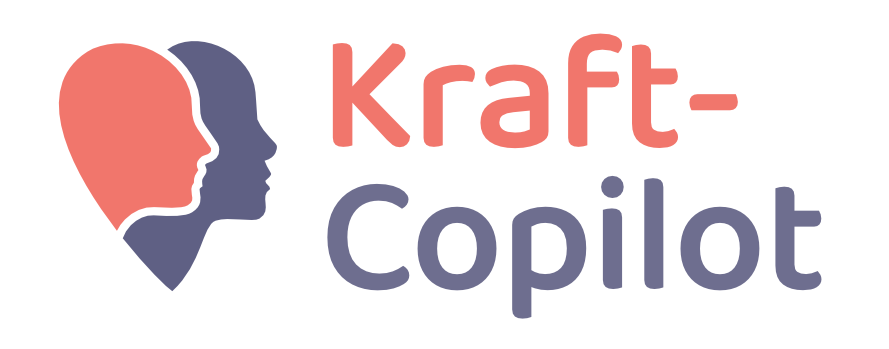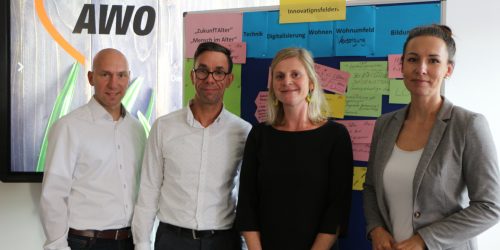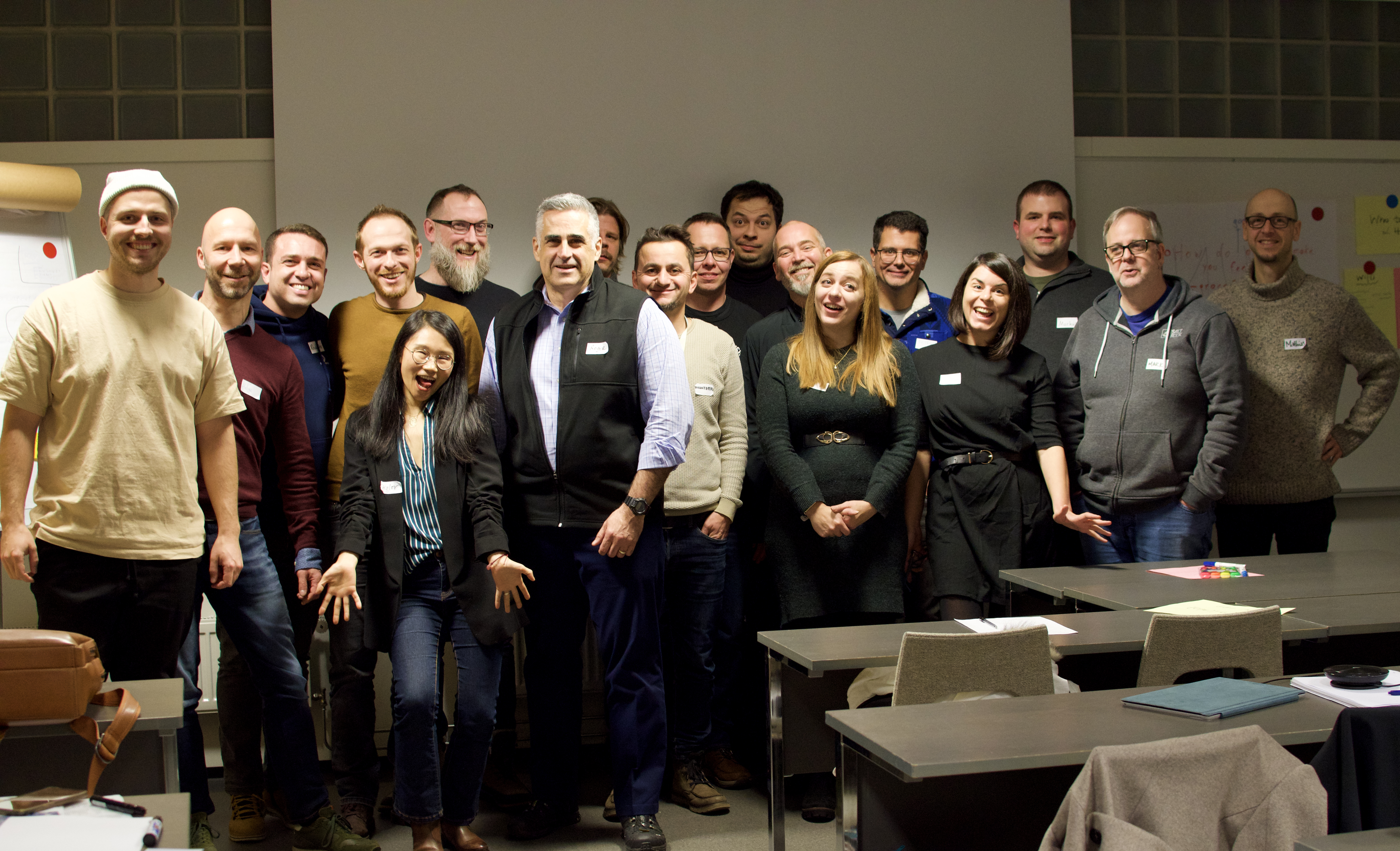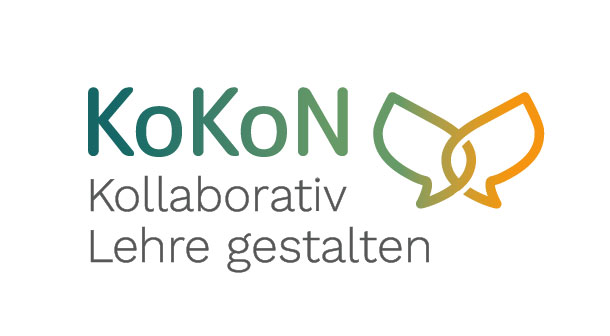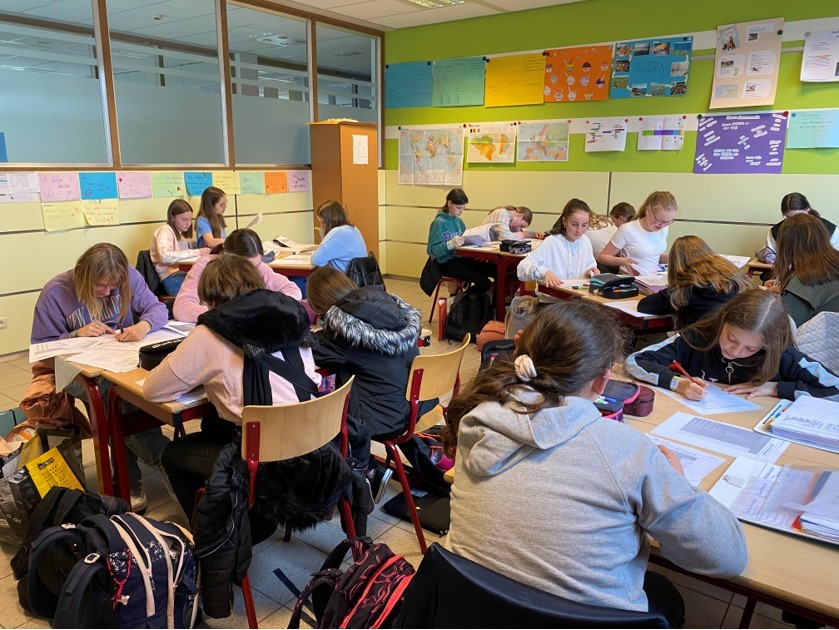What does EMIL actually do? – Adaptive learning in the learning management system ILIAS
 In the joint project ELe-com In cooperation with various partners, CODIP is developing and testing a digital adaptive learning application for job-related training on the topic of customer journey/e-commerce for the ILIAS-based learning management system myFlexNet.deIn recent months, in addition to producing micro-learning units in text, audio and video format on the topic of customer journey, we have also worked intensively on the AI-supported decision module EMIL.
In the joint project ELe-com In cooperation with various partners, CODIP is developing and testing a digital adaptive learning application for job-related training on the topic of customer journey/e-commerce for the ILIAS-based learning management system myFlexNet.deIn recent months, in addition to producing micro-learning units in text, audio and video format on the topic of customer journey, we have also worked intensively on the AI-supported decision module EMIL.
Goal of the AI module to be developed EMIL is to provide recommendations on individual learning paths and learning offers based on the needs of the respective users. For this purpose, various recommendation systems were systematically examined to determine their suitability for the project. The main focus was on the expected data, which can be obtained either directly from the learning management system (LMS) ILIAS or indirectly via embedded plug-ins such as H5P The data obtained in this way is stored in a Learning Record Store (LRS). The user profiles created in this way provide the AI with further test and training data. After comparing eleven recommendation systems, a hybrid model was developed that consists of a collaborative and a content-based recommendation system (recommender system).
Accompanying our partner Qualitus GmbH the module LENA developed within ILIAS to determine the different motivations, expectations and requirements of the target group as well as their learning preferences in digital learning.
In addition to the user data collected via LENA, EMIL uses all interaction data of the learners with the micro learning units (MLEs) as input. A support vector machine with cosine similarity is used to classify the MLEs and identify the similarities to each other. As an output, EMIL provides a prediction of the probability of users interacting with other MLEs in the LMS.
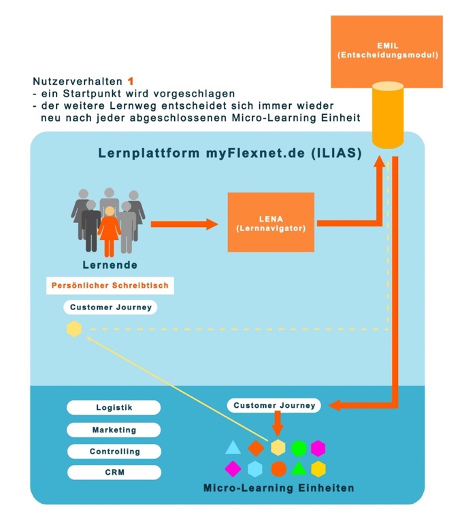
When a user completes an MLE, the recommendation system creates a new personalized learning path for each user. The determination of when an MLE is finished can vary depending on the media type. If EMIL receives such a so-called event, it processes all the data available to it. Based on this evaluation, EMIL makes decisions about suitable learning content, which is returned to LENA and presented to the learners as a recommendation (see Figure 1).
Known challenges in the use of AI are the problem of data scarcity and the cold-start problem. The project will investigate the solution to both using different strategies and aims to overcome them as follows:
- The problem of data scarcity arises from an insufficient amount of training data.[1] To avoid this, two strategies are being tested in the project:
- Online batch training: The neural network is trained and evaluated during operation.
- Generative Adversarial Network (GAN): The neural network is supplemented and trained with artificially generated data before the model is executed in order to improve the accuracy of the weights of individual neurons. The artificial data is based on a small amount of real data from users.
- The cold start problem arises from the fact that the system cannot make statements about users about whom it has not yet collected enough information. To get around this fact, an initiative survey is carried out, which provides the AI model with initial information about the user before the system makes the predictions.
As soon as we have designed and produced enough MLE on the topic in the project, EMIL will be tested and adapted. So it remains exciting for us!
Authors: Maria Müller, Robert Lorenz
[1] The small amount of training data is due to the fact that, on the one hand, there are too few (test) users available and, on the other hand, that LENA is not yet finished as a partial product. Therefore, no test users have been able to send us data via LENA.

